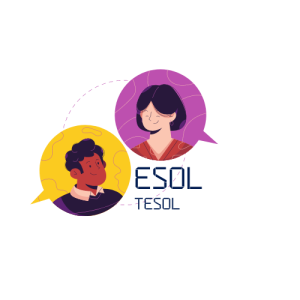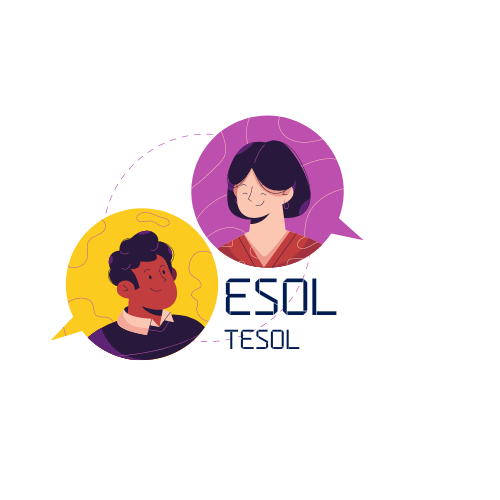The Concept of ESOL
ESOL (English for Speakers of Other Languages) refers to educational programs designed to help non-native English speakers improve their English language skills. These programs are typically offered to individuals whose first language is not English and who need to develop their proficiency for personal, professional, or academic reasons.
Key Aspects of ESOL Programs:

- Language Skills:
- Speaking: Developing the ability to communicate effectively in English through conversation practice, pronunciation, and oral presentations.
- Listening: Improving comprehension skills by listening to native speakers, audio recordings, and engaging in interactive activities.
- Reading: Enhancing the ability to read and understand written English, including various types of texts like books, articles, and instructions.
- Writing: Focusing on writing skills, including grammar, sentence structure, and composition, to produce clear and accurate written English.
- Cultural Integration:
- ESOL programs often include cultural education to help learners understand and adapt to the cultural norms and practices of English-speaking countries.
- Levels of Proficiency:
- ESOL programs are usually divided into different levels (beginner, intermediate, advanced) to cater to the varying needs and skills of learners.
- Teaching Methods:
- A variety of teaching methods are used, such as interactive lessons, group work, multimedia resources, and practical exercises to engage learners and facilitate effective learning.
- Assessment and Certification:
- Learners are often assessed through tests and assignments to measure their progress. Successful completion of ESOL programs may lead to certification, which can be beneficial for further education or employment opportunities.
- Benefits:
- Improved communication skills in English.
- Better job prospects and career advancement.
- Enhanced ability to integrate into English-speaking communities.
- Greater access to educational opportunities.
Overall, ESOL programs play a crucial role in supporting non-native English speakers in achieving their language goals and enhancing their overall quality of life.

